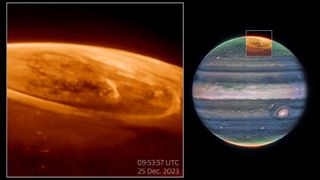
Skyler Ware
Skyler Ware is a freelance science journalist covering chemistry, biology, paleontology and Earth science. She was a 2023 AAAS Mass Media Science and Engineering Fellow at Science News. Her work has also appeared in Science News Explores, ZME Science and Chembites, among others. Skyler has a Ph.D. in chemistry from Caltech.
Latest articles by Skyler Ware
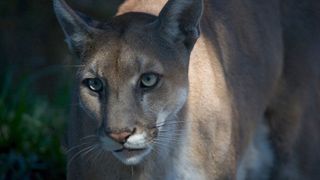
Texas puma genes rescue Florida panthers from extinction — for now
By Skyler Ware published
The low number of remaining Florida panthers has led to severe inbreeding. But now, genes from Texas pumas are helping to save them from extinction.
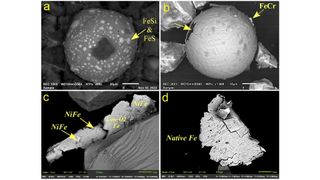
Massive comet trail may have transformed Earth's climate more than 12,000 years ago, tiny particles suggest
By Skyler Ware published
A massive comet trail may have caused climate upheaval on Earth more than 12,000 years ago, sparking the Younger Dryas.
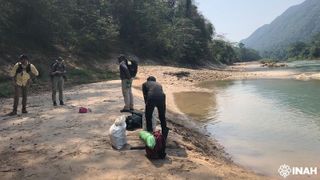
Archaeologists discover 'Land of the White Jaguar,' centuries-old stronghold of rebel Maya in Mexico
By Skyler Ware published
Archaeologists in Mexico have finally discovered the 'Land of the White Jaguar,' a stronghold for Maya rebels for nearly 110 years in the 16th and 17th centuries.
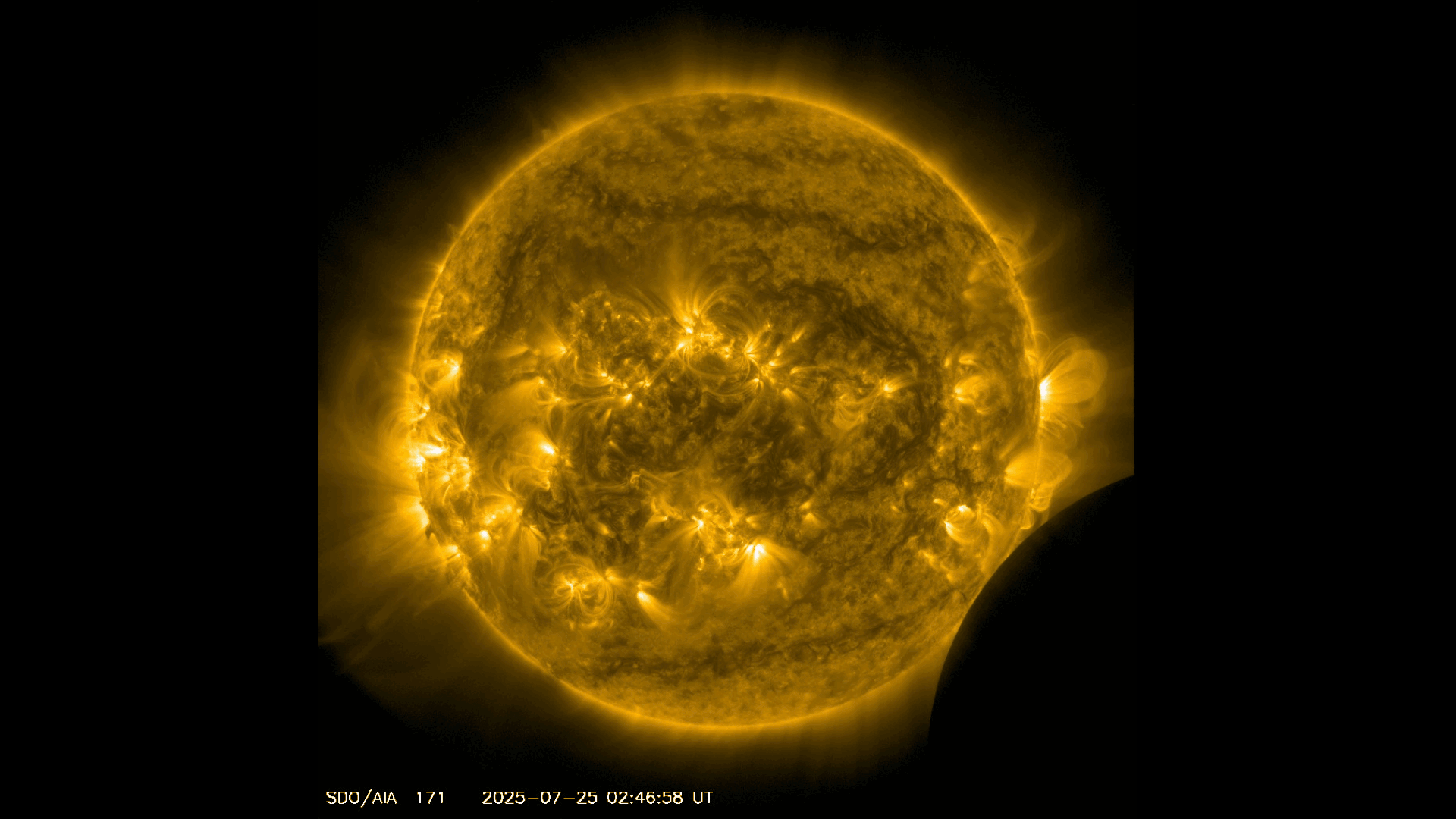
NASA spacecraft snaps images of lunar transit and Earth eclipse on the same day — see the photos
By Skyler Ware published
The Solar Dynamics Observatory saw a lunar transit and an Earth eclipse on July 25 — the first when the moon passed between it and the sun, and another when Earth did the same.
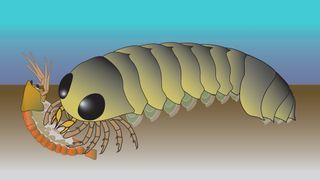
'Backward' brain of ancient sea creature hints spider ancestors evolved in the ocean
By Skyler Ware published
The tiny 'backward' brain of an ancient sea creature hints that spider ancestors might have gotten their start in the ocean.

Pristine Etruscan tomb discovered in Italy contains more than 100 untouched artifacts
By Skyler Ware published
Archaeologists in Italy have discovered a rare 2,600-year-old Etruscan tomb that somehow escaped looters over the centuries.
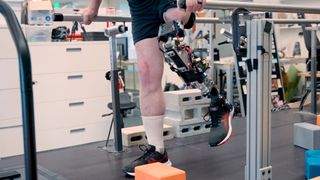
New bionic knee connects directly with muscles and bone to feel more like the user's body
By Skyler Ware published
A bionic knee that directly attaches to the thigh bone and uses implanted electrodes can make a prosthetic leg feel more like a part of the body, a new study finds.
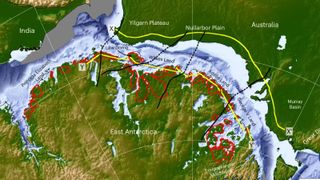
Scientists discover long-lost giant rivers that flowed across Antarctica up to 80 million years ago
By Skyler Ware published
Large flat surfaces carved by ancient rivers deep beneath East Antarctica are influencing how ice flows across the continent today, according to a new study.
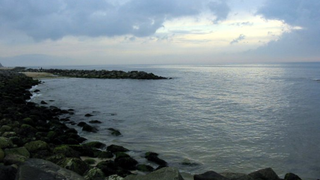
Scientists discover that mysterious giant structures beneath the North Sea seemingly defy what we know about geology
By Skyler Ware published
Giant mounds of sand discovered beneath the North Sea off Norway may scramble what we know about a key geological process.
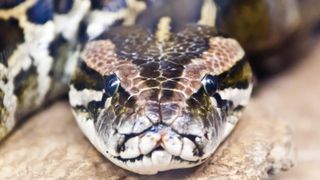
Scientists discover Burmese pythons have never-before-seen cells that help them digest entire skeletons
By Skyler Ware published
Specialized cells in the intestinal lining of Burmese pythons allows them to completely absorb the skeletons of their prey.
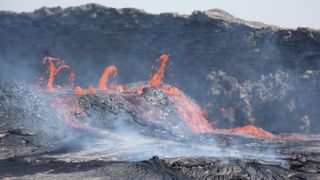
'Pulsing, like a heartbeat': Rhythmic mantle plume rising beneath Ethiopia is creating a new ocean
By Skyler Ware published
Scientists have detected rhythmic pulses of molten rock rising beneath eastern Africa, threatening to pull the continent apart.

Some early-onset cancers are on the rise. Why?
By Skyler Ware published
The rates of certain early-onset cancers are on the rise. The reasons are complex, experts say.
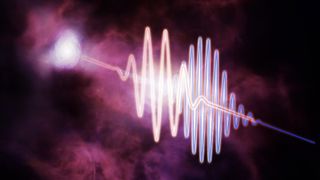
Mysterious deep-space radio signals reveal location of the universe's 'missing matter'
By Skyler Ware published
Much of the universe's regular "baryonic" matter is spread through intergalactic space and in diffuse halos around galaxies, researchers proposed after studying the behavior of fast radio bursts emitted from deep space.
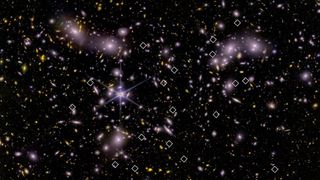
James Webb telescope spots tiny galaxies that may have transformed the universe
By Skyler Ware published
The James Webb Space Telescope has revealed dozens of tiny, distant galaxies piercing the fog of the cosmic dark age in the first billion years after the Big Bang.

This EV battery fully recharges in just 18 seconds — and it just got the green light for mass production
By Skyler Ware published
The British VarEVolt battery has been granted the certification needed so it can be manufactured on a large scale, meaning more EV makers can use them in their cars.

'Extraordinary' sarcophagus discovered in Israel shows carving of Dionysus beating Hercules in a drinking contest
By Skyler Ware published
Archaeologists in Israel have unearthed a Roman-era sarcophagus that depicts Dionysus beating Hercules in a drinking contest.

Ancient DNA reveals mysterious Indigenous group from Colombia that disappeared 2,000 years ago
By Skyler Ware published
A new analysis of ancient DNA reveals a previously unknown lineage of hunter-gatherers who lived in what is now Colombia.

Giant planet discovered around tiny star challenges our best theories
By Skyler Ware published
Scientists have discovered a giant planet called TOI-6894b, orbiting a star that should be far too small to have formed it. The discovery could further challenge theories of planet formation.

Florida bobcat bites the head off of 13-foot Burmese python in the Everglades
By Skyler Ware published
Wildlife experts believe that predators native to the Everglades are beginning to fight back against the invasive species of snake.
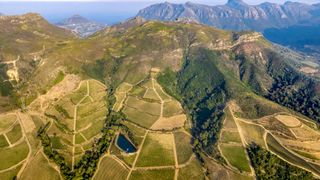
The land under South Africa is rising every year. We finally know why.
By Skyler Ware published
The land under South Africa steadily rose between 2012 and 2020, a new GPS-based study finds, and drought may be the main driver.

Your moral compass is tied to how in tune you are with your body, study hints
By Skyler Ware published
A recent study draws a connection between people's bodily awareness and how they find solutions to moral dilemmas.
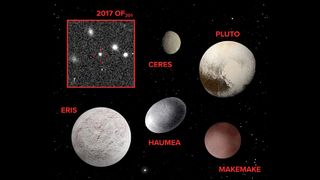
New dwarf planet discovered beyond the orbit of Neptune
By Skyler Ware published
Astronomers have announced the discovery of a new dwarf planet in our solar system, named 2017 OF201. Located far beyond Neptune, it orbits the sun every 25,000 years.
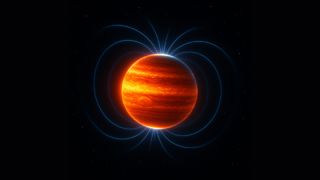
Jupiter is shrinking and used to be twice as big, mind-boggling study reveals
By Skyler Ware published
Astronomers have calculated that the gas giant Jupiter used to be twice as big as it is now, based on the odd orbits of two of its many moons.
Get the world’s most fascinating discoveries delivered straight to your inbox.
